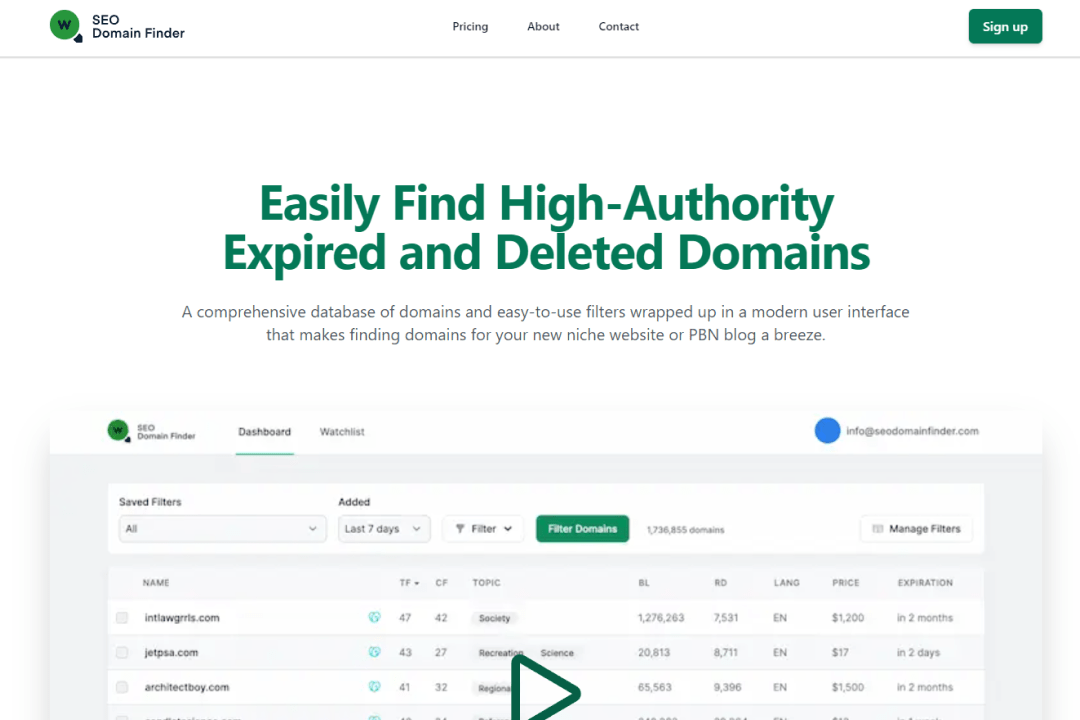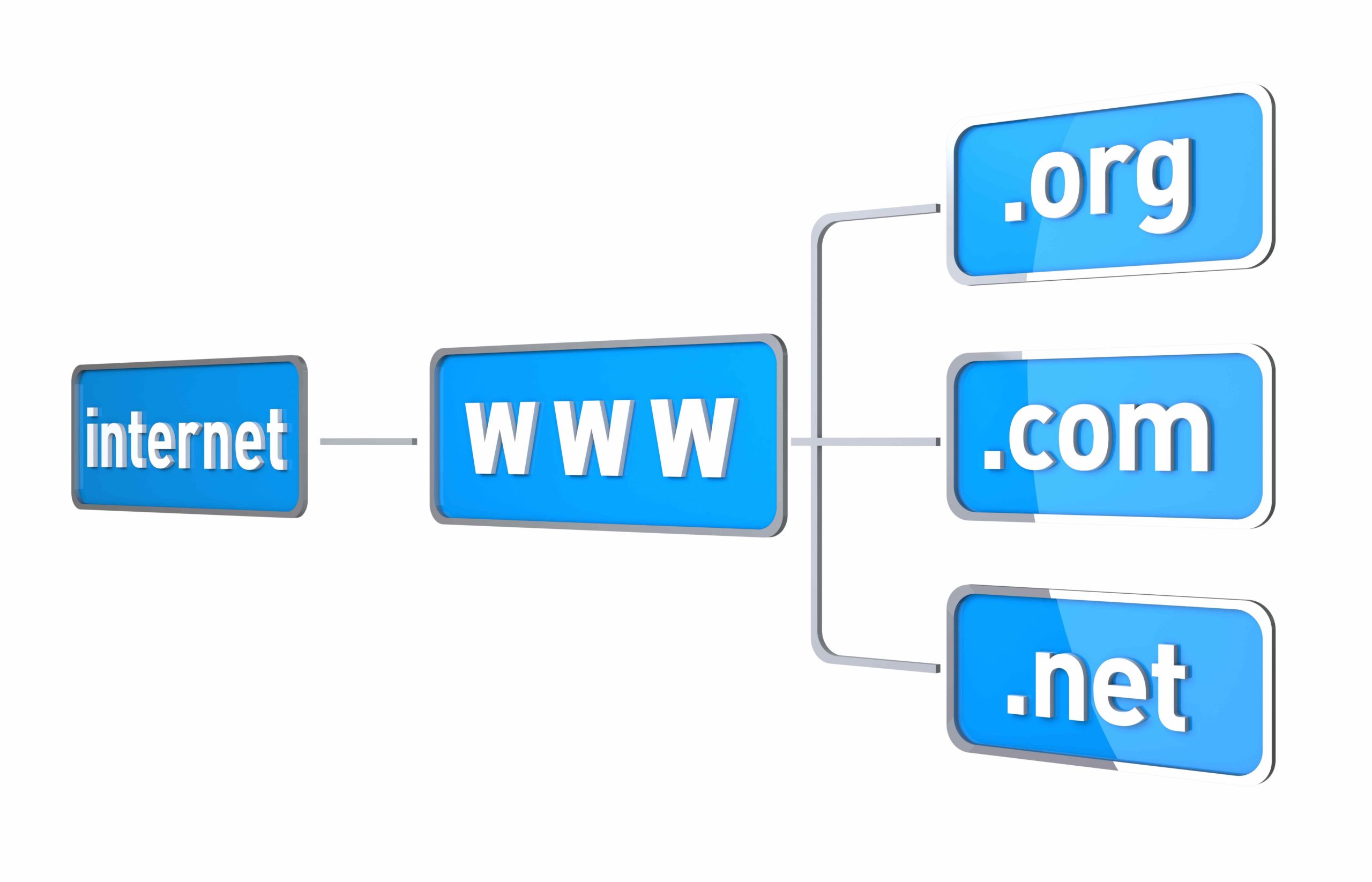
If you’re looking to establish a strong online presence, understanding the role of a domain name registrar is crucial. A domain name registrar is a company that helps you secure and manage your website’s address, making it accessible to users around the world. With countless options available, choosing the right registrar can impact your website’s success, security, and ease of management.
In this article, we’ll dive into what a domain name registrar is, why it’s important, and how to select the best one for your needs.
Key Takeaways
- A domain registrar is a company or organization that manages the reservation and registration of Internet domain names.
- Domain registrars are companies or organizations accredited by the ICANN or other relevant authorities.
- Registrars act as mediators between domain name buyers and the central domain name registry.
- Registrars maintain records of domain registrations, including owner contact information, technical details, and expiration dates.
- They provide tools for users to manage their domains, such as DNS settings, renewals, and transfers.
- Registrars set their own prices for domain registration and renewal, often competing on price and additional features.
- When choosing a domain registrar, consider factors such as site uptime, customer service, available TLDs, features offered, and domain transfer options.
What is a Domain Registrar?
A domain registrar is a company or organization that manages the reservation and registration of Internet domain names.
Here’s an overview of how domain registrars work:
Accreditation and Authority
Domain registrars are companies or organizations accredited by the Internet Corporation for Assigned Names and Numbers (ICANN) or other relevant authorities. This accreditation gives them the authority to register and manage domain names on behalf of individuals and organizations.
Interface Between Users and Domain Registry
Registrars act as mediators between domain name buyers and the central domain name registry. They’re often compared to dealerships, while the registry is like the manufacturer of domain names.
Domain Name Registration Process
When a user wants to register a domain name, they search for availability through a registrar’s platform. If the domain is available, the registrar facilitates the registration process, collecting necessary information and fees from the user. The registrar then communicates with the appropriate domain registry to record the new domain ownership.
Management of Domain Information
Registrars maintain records of domain registrations, including owner contact information, technical details, and expiration dates. They provide tools for users to manage their domains, such as DNS settings, renewals, and transfers.
Additional Services
Many registrars offer additional services beyond registration, such as web hosting, email services, SSL certificates, and website builders. These services can provide a one-stop solution for users setting up their online presence.
Pricing and Competition
Registrars set their own prices for domain registration and renewal, often competing on price and additional features. Some registrars are known for offering competitive pricing and bundled services.
Support and Customer Service
Registrars typically provide customer support for issues related to domain registration, management, and associated services.
Transfers and Renewals
Registrars handle domain transfers between different registrars and manage the renewal process for existing domains.
Security and Privacy
Many registrars offer security features like two-factor authentication and WHOIS privacy protection to safeguard domain owners’ information. In essence, domain registrars simplify the process of obtaining and managing domain names for end-users, acting as a crucial link in the domain name system infrastructure.
Difference Between a Registrar and a Registry
While both are responsible for managing the registration of domain names, they have different roles and responsibilities.
A registrar is an accredited organization that manages the reservation of a domain name and is responsible for maintaining accurate records. They also provide access to the WHOIS database for each registered domain name. Registrars also play a role in DNS security and protecting user privacy.
On the other hand, a registry is an organization that operates the top-level domains (TLDs) such as .com or .net. They are either operated by private entities contracted by ICANN or by national governments or Internet communities.
What is a Domain Registrant?
A domain registrant is a person or entity who registers and owns a domain name for as long as they maintain the domain registration through renewals. If the registration expires, they may lose their rights to the domain.
The registrant’s name and contact details are typically listed in the WHOIS database unless privacy protection is used.
The registrant has control over the domain, including the ability to:
- Renew the domain registration.
- Transfer the domain to another registrar.
- Update DNS settings.
- Sell or transfer ownership of the domain.
What Does Buying a Domain Name Mean?
Legally speaking, domain name ownership refers to the right to control the registration and use of a domain name. This includes the right to renew, transfer, or delete a domain name. Ownership also provides the right to use the domain name for any purpose, including branding and marketing.
When registering a domain name, the registrant must agree to certain terms and conditions that outline the rights and responsibilities associated with domain ownership. These terms usually include clauses that forbid the registrant from violating the intellectual property of others and the laws of the applicable jurisdiction.
Domain name ownership can have a significant impact on an online brand and marketing strategies. For instance, it can be used to establish and promote a website, to create a memorable online presence, and to protect a brand identity. Domain owners can also leverage their domain name to promote products and services through email, social media, and search engine marketing.
How To Choose the Right Domain Name Registrar
When choosing a domain registrar, there are several important factors to consider to ensure you select the best option for your needs. Here are the key aspects to look for:
Pricing Structure
- Initial Registration and Renewal Rates: Compare the prices for registering a domain as well as the renewal rates. Some registrars may offer low introductory prices but have significantly higher renewal fees.
- Hidden Fees: Be aware of any additional costs, such as transfer fees, administrative fees, or charges for WHOIS privacy protection. Look for registrars that provide transparent pricing without unexpected fees.
Domain Management Features
- User-Friendly Control Panel: A straightforward interface is crucial for managing your domains easily. Look for registrars that offer intuitive dashboards for DNS management, domain forwarding, and other settings.
- Bulk Domain Management: If you plan to manage multiple domains, check if the registrar allows bulk registration and management features, which can save time and effort.
- Wide Selection of TLDs: Before choosing a domain registrar, make sure it supports the TLDs you want to use. While most registrars support popular TLDs such as .com, .net, and .org, some specific ccTLDs are maintained only by a few. If you want to register a specific country-code top-level domain (ccTLD), it’s a good idea to look for a local domain registrar that specializes in that region. Local registrars often have the expertise and authorization needed to handle ccTLD registrations smoothly.
Customer Support
- Availability: Ensure that the registrar offers reliable customer support. Look for options such as live chat, email support, and a comprehensive knowledge base. Check if support is available 24/7 or during specific hours.
- Quality of Support: Read reviews to gauge the quality of customer service. Good support can be invaluable, especially if you encounter issues with your domain.
Security Features
- WHOIS Privacy Protection: This feature helps keep your personal information private and reduces spam. Many registrars offer this for free with domain registration.
- Two-Factor Authentication: Look for registrars that provide additional security measures, such as two-factor authentication, to protect your account from unauthorized access.
Transfer Policies
- Ease of Transfer: Understand the registrar’s policies regarding domain transfers. If you decide to switch registrars in the future, the process should be straightforward and not involve excessive fees.
- Expiration Policies: Check what happens if your domain expires. Some registrars offer grace periods or automatic renewal options to prevent accidental loss of your domain.
Additional Services
- Hosting and Email Services: Consider whether the registrar offers additional services like web hosting, email hosting, and website builders. Bundling these services can simplify management and billing.
- SSL Certificates: If you plan to run a website, check if the registrar offers SSL certificates, which are essential for securing your site and building trust with visitors.
Reputation and Reviews
- Research the Registrar: Look for reviews and testimonials from other users to assess the registrar’s reputation. A well-established registrar with positive feedback is often a safer choice.
By considering these factors, you can select a domain registrar that not only meets your budget but also provides the features and support necessary for your online presence. Also, with years of experience in the domain industry, we’ve worked with many different registrars. Learn our top registrars in the article The Best Domain Name Registrars.
How Do Registrars Protect Privacy?
Registrars protect privacy through various mechanisms, primarily focusing on WHOIS privacy protection and additional security features.
Here are the main ways registrars ensure the privacy of domain owners:
- WHOIS Privacy Protection: Many registrars offer WHOIS privacy protection services, which replace the registrant’s personal information in the WHOIS database with generic contact information. This prevents personal details, such as name, address, phone number, and email, from being publicly accessible.
- Domain Locking: Registrars often implement domain locking features that prevent unauthorized transfers of the domain name. This adds an extra layer of security by requiring additional verification before any transfer can occur.
- Secure Account Management: Registrars typically encourage or require the use of strong passwords and two-factor authentication (2FA) for user accounts. This helps protect against unauthorized access to the domain management account, ensuring that only the rightful owner can make changes.
- Transparency and Communication: Registrars are required to inform domain owners about their rights and responsibilities, including how their information is used and what privacy protections are in place. This transparency helps registrants understand the importance of privacy and the measures taken to protect it.
- Legal Compliance: Registrars must comply with regulations and policies set by organizations like ICANN, which govern how registrant information is handled and protected. This includes ensuring that registrants are aware of their rights regarding privacy and data protection.
The Role of Registrars in DNS Security
The role of registrars in DNS security is to provide a safe and secure environment for domain name registrants, as well as ensure that domain names are properly registered and managed.
With the implementation of DNSSEC, domain registrars are now responsible for verifying and authenticating the data before it’s sent to the DNS server. This helps to ensure that the data can’t be tampered with or modified in transit.
Registrars also ensure that the domain name is properly updated in the DNS records, which prevents malicious actors from taking control of the domain name.
Conclusion
Overall, domain name registrars are essential for creating an online presence. They offer a variety of services, from registering your domain name to protecting your personal information. When choosing a registrar, it’s important to consider factors such as price, customer service, and privacy policies.
With the right registrar, you can get your website up and running quickly and easily. With all this in mind, it’s clear that domain name registrars are an invaluable asset for anyone looking to create an online presence.











































































































